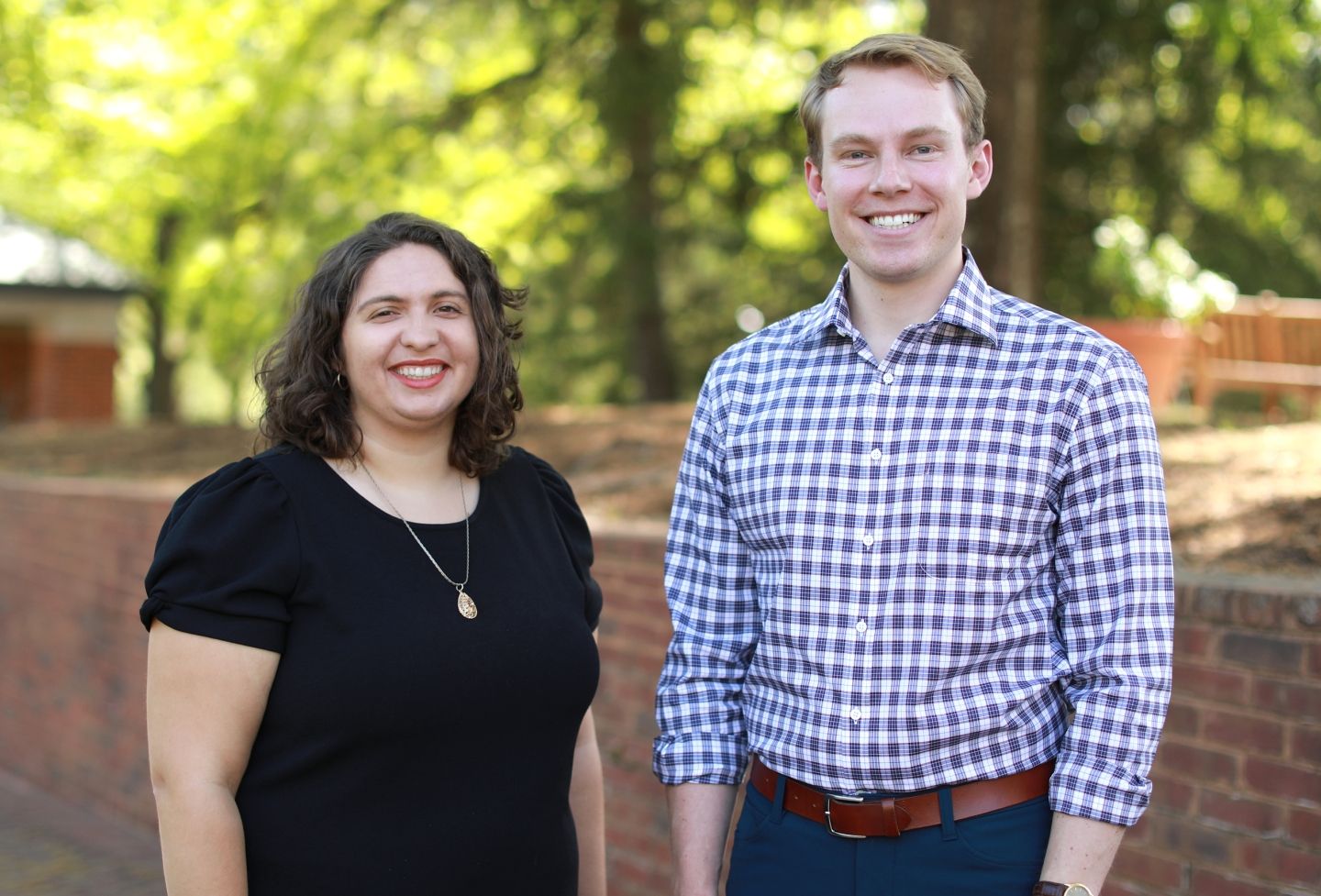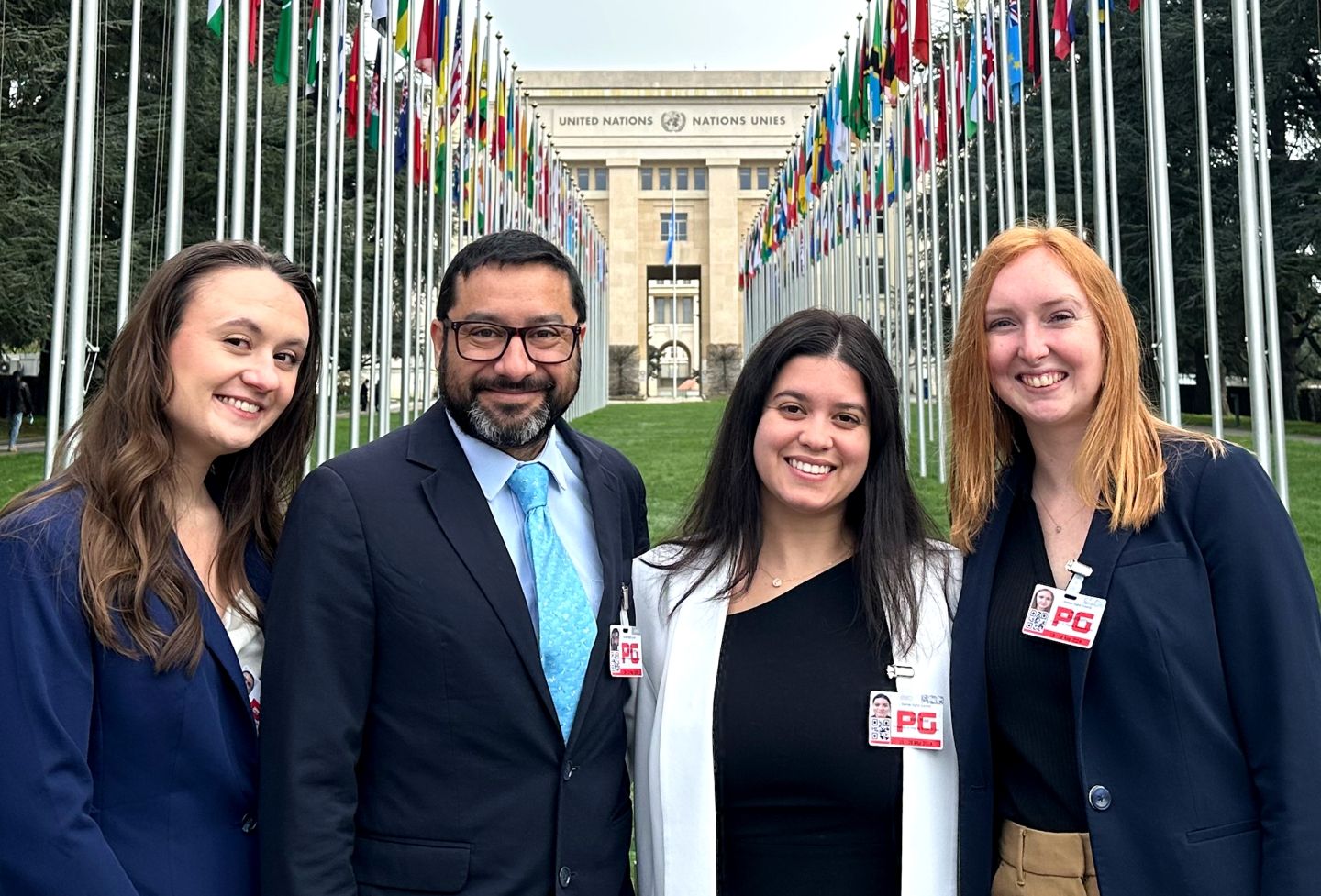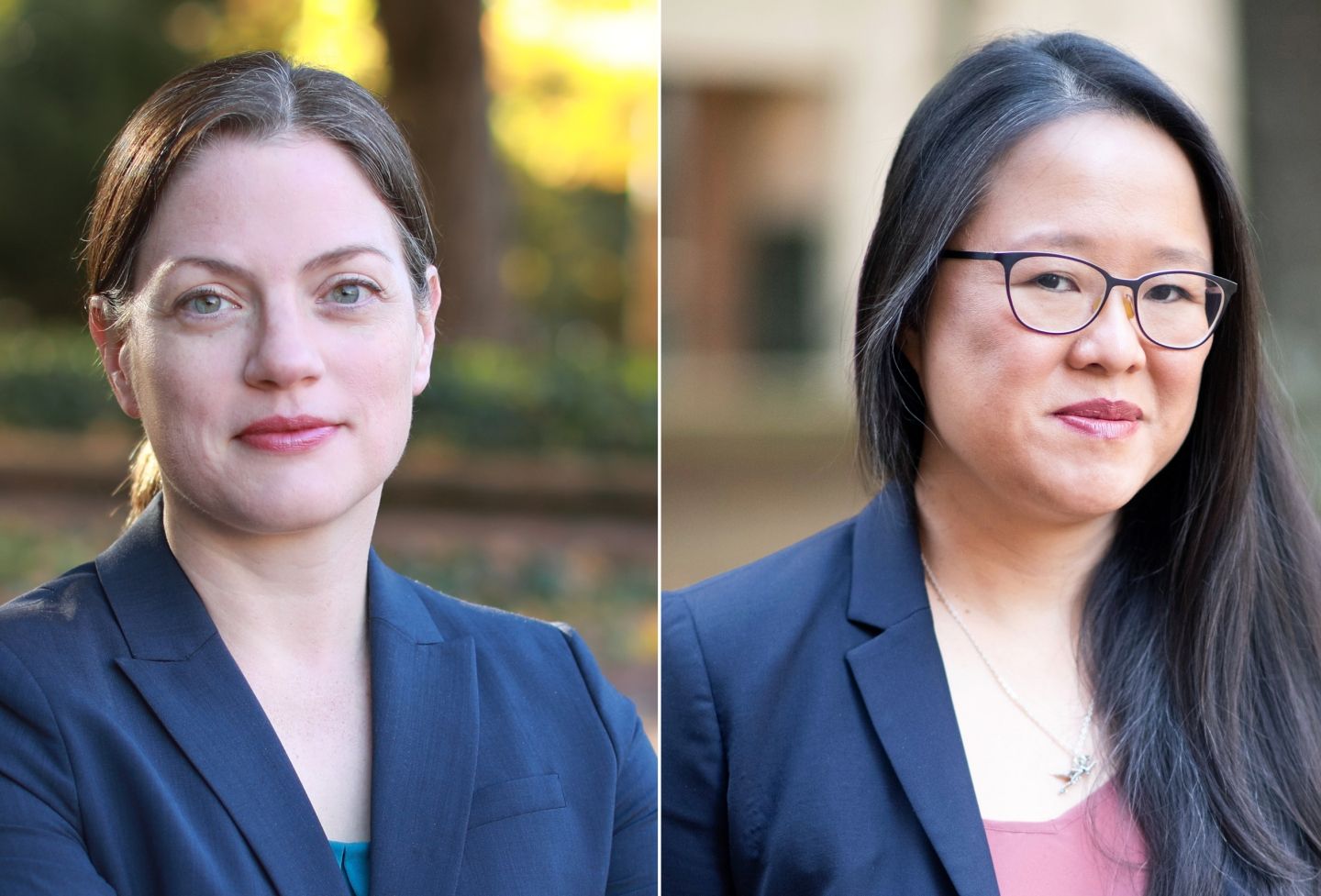As director of the Environmental and Regulatory Law Clinic, Cale Jaffe ’01 has been leading his students to address cutting-edge issues in the field and at the U.S. Supreme Court.
Prior to joining the faculty, Jaffe was director of the Virginia office of the Southern Environmental Law Center, a leading environmental law and policy organization working at national, state and local levels. He was part of the SELC team that won a unanimous victory before the U.S. Supreme Court in Environmental Defense v. Duke Energy and he has litigated numerous energy-related cases before the Virginia State Corporation Commission.
Jaffe, who was recently promoted to associate professor, previewed the clinic’s coming projects and talked about how environmental policy is taking center stage in national politics.
Tell us about the clinic’s involvement with the Supreme Court this coming term.
Some of the most high-profile environmental cases in recent years are making their way to the Supreme Court, and clinic students are playing a lead role in drafting some of the amicus briefs that have been submitted. We represented local chambers of commerce and elected officials in support of Virginia’s state law that prohibits uranium mining. That statute was tested in Virginia Uranium, Inc. v. Warren. Our clients were thrilled that the court upheld Virginia’s statute while addressing important questions of preemption doctrine.
More recently, we had the opportunity to submit an amicus brief on behalf of Anderson County, South Carolina, and Decatur County, Tennessee, in arguably the most significant Clean Water Act case to reach the Court in more than a decade — County of Maui v. Hawaii Wildlife Fund. Students last spring worked on the brief, and the case will be argued this fall. The local governments we represent are each facing acute threats to clean water from industrial pollution, and both are supporting the critical role that the Clean Water Act plays in helping them foster economic growth while promoting sustainable use of natural resources.
Looking ahead, we have another Supreme Court amicus brief that clinic students will work on this fall. Because the brief is not yet filed, I won’t talk about the specifics just yet.
What other kinds of projects do you see the clinic taking on this coming year?
The Supreme Court cases are exciting, but we’re also giving students the chance to work in the courtroom with local and regional groups here in Virginia. We are representing Appalachian Voices, a nonprofit that is focused on protecting the land, air and water of Central and Southern Appalachia, in a case before Virginia’s State Corporation Commission. These public utility cases are not something that most students are familiar with before they enroll in the clinic, but I’ve found they really enjoy working on them. First of all, these are cases where the rubber really meets in the road in terms of implementing energy policy. Second, students often get the chance to take the lead in cross examining expert witnesses in the commission’s courtroom. It’s a chance to develop some real litigation skills.
And of course, we will continue to work with the Southern Environmental Law Center, which has partnered with the clinic for many, many years — going back to when I was a student here. Thanks to SELC, our students have had the chance to see the inner workings of a prominent environmental law and policy organization that is at the forefront in tackling some of the most important environmental issues facing the country. It’s our great fortune that SELC happens to be based here in Charlottesville.
One of the most-watched environmental issues today is climate change. What possibilities do you see ahead?
National politics, especially as we enter the 2020 election cycle, have helped focus attention on the enormity of the threat that climate change poses across a range of issues — defense, immigration, public health, you name it. And what we are also seeing is state actors are not sitting around and waiting for someone else to lead. State legislators and governors are in various stages of developing their own clean energy plans to help meet our commitments under the Paris Climate Agreement. Environmentalists, you might say, are gaining a renewed appreciation for federalism and the possibilities for state-based leadership. And the clinic is working with nonprofit clients on some of these issues here in Virginia.
Founded in 1819, the University of Virginia School of Law is the second-oldest continuously operating law school in the nation. Consistently ranked among the top law schools, Virginia is a world-renowned training ground for distinguished lawyers and public servants, instilling in them a commitment to leadership, integrity and community service.


